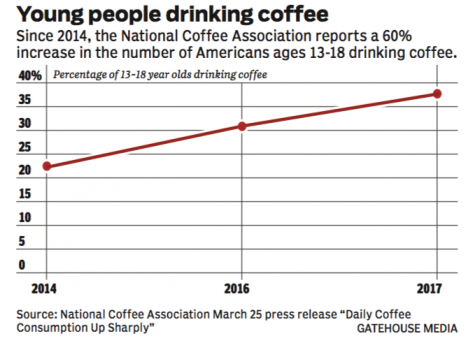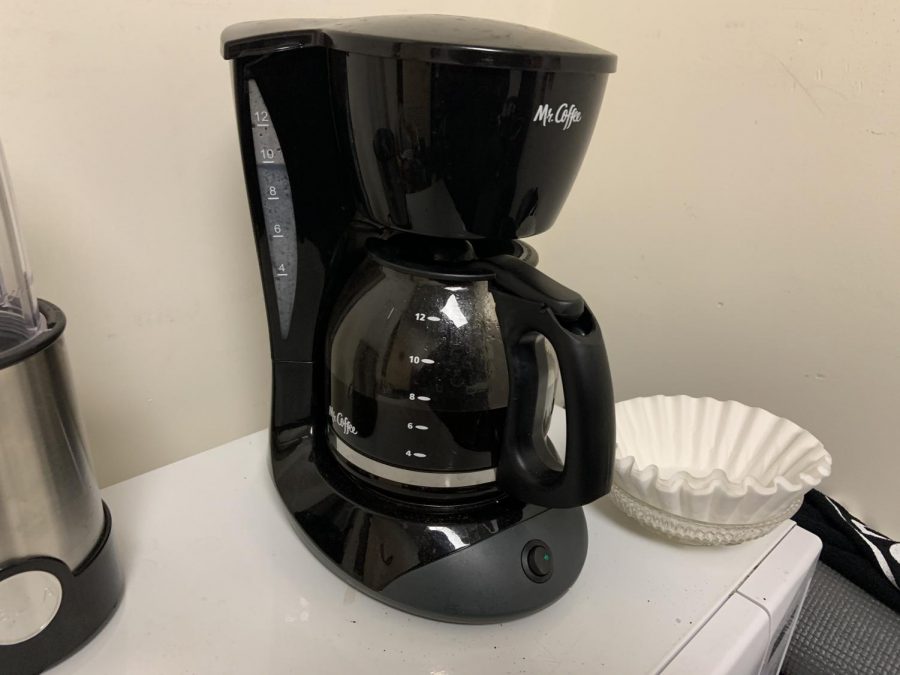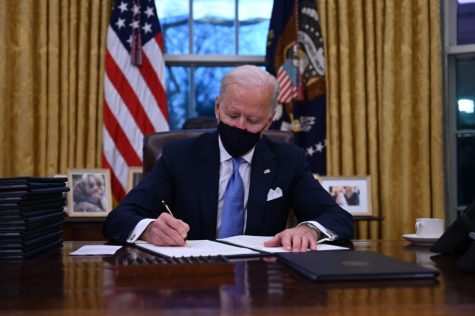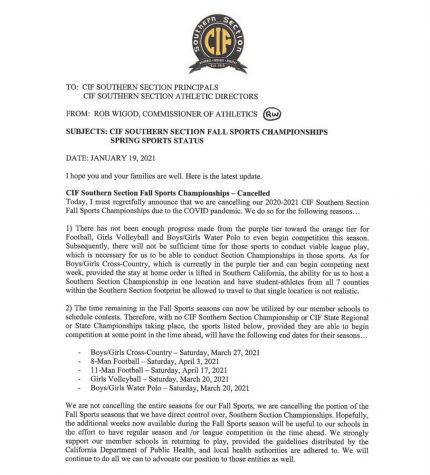The Epidemic of Coffee Drinkers
Photograph showing coffee machine that makes coffee using ground powder.
March 11, 2020
Coffee. One of the biggest trends of this generation has been relied on for energy by many people including tons of students across the world. We’ve seen the trend of Starbucks, and other Cafe’s that provide mochas and whatnot, however no one has questioned whether or not high school students drink actual coffee with creamer, milk, or sugar.
In a survey consisting of one hundred Lugo students (25 from each grade), the question of coffee being a trend at Lugo has been answered. The survey question was if they drank coffee, not cappuccinos nor Frappuccino’s, but pure coffee with sugar, creamer, and other additives of course. The trend of Starbucks and other caffeine drinks besides coffee is not a part of this survey.
In the student survey out of 25 freshman students only 11 out of 25 said they drink coffee. The range of how frequently they drank coffee ranged from once a week to only twice a month. These results show how younger students don’t really enjoy coffee or maybe have never tried it.
The survey of 25 sophomore students were asked the same question and only 9 out of the 25 students of sophomores drink coffee. The frequency shown on how much sophomores drink coffee
The results can infer that underclassmen may not be aware of the generic kind of coffee, however they seem to give in to popular caffeine products such as Bang, Starbucks or Monster energy drinks which claim to give more energy throughout the day. This may be the case for each level of students, however research shows that energy drink intake is at best when ages are 13-16 years old (sciencedirect.com).
Next in the survey was the eleventh graders. 14 of the 25 people we asked said they drink coffee. This time though, this frequency showed how the juniors were more serious coffee drinkers. The frequency of how often they got coffee was more weekly than the the previous sophomores and freshmen.
Finally, the seniors were surveyed and for them the results increase as 16 of them said they drink coffee and most of them drink it weekly. Only with an exception of one one all the participants drink coffee weekly.

As a result, out of 100 of the participants who were involved, only 52 of them drink coffee. Interestingly enough, the number of students who drank coffee seem to have become more common and increased more from each grade. Could it be that students need coffee to help them stay awake and ready for class? Or is it the simple fact that most juniors and seniors are able to drive and receive coffee more often on their own time. Also, seniors may be able to have a free period if they are ahead in credits so maybe bring ahead in credits leads to more time for coffee.
Overall, from the results of the survey of students that drink coffee, we can infer that as each grade increases, people tend to try coffee as a source of providing them with more energy. It can help them stay awake during a class or help them stay awake of studying for finals, or whatever the case may be, coffee can be seen as the next step for the underclassmen as work gets more intense.











